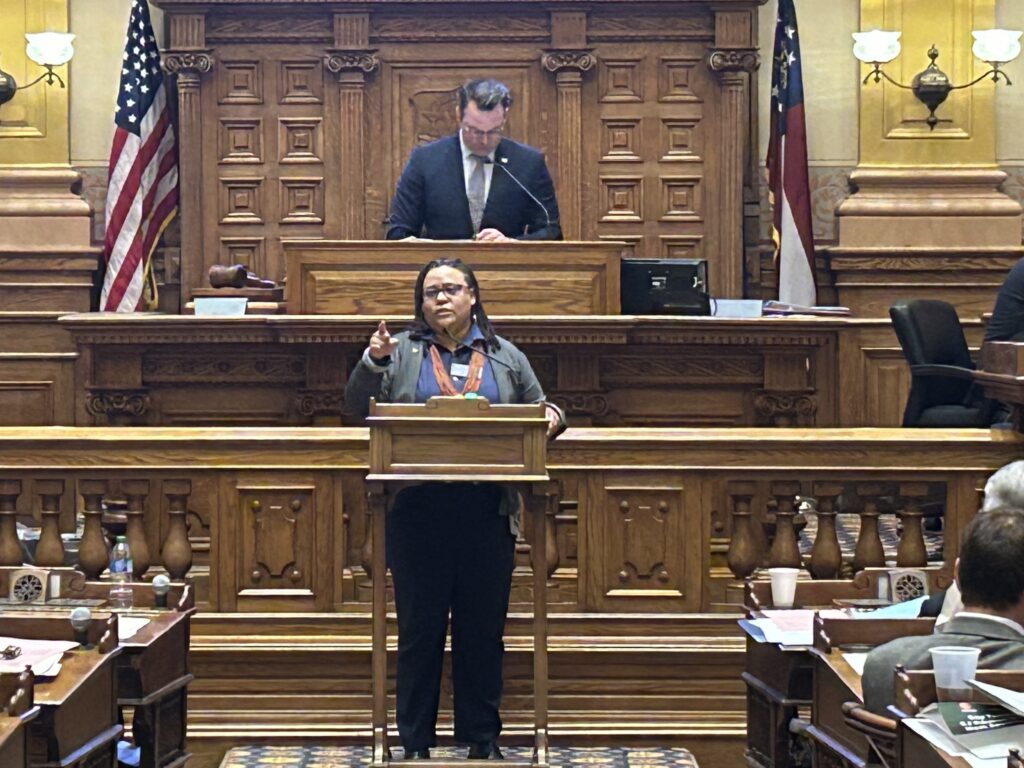
ATLANTA – Republican Gov. Brian Kemp signed into law a controversial bill Thursday banning most gender-affirming care for transgender Georgians under 18.
Kemp wasted little time in signing the bill, which received final passage from the General Assembly just two days earlier.
Senate Bill 140 will ban Georgia transgender youths from receiving hormone replacement therapy and gender-affirming surgery.
Hospitals could lose their permits and doctors their licenses. The legislation also opens up doctors to civil and criminal liability for providing such services.
The new law does allow transgender youths to take puberty blockers. It also provides exceptions for youths with certain medical conditions who need hormone replacement therapy and gender-affirming surgeries.
Kemp and other Republican supporters framed the law as a measure to protect children from irreversible physical changes.
“As Georgians, parents, and elected leaders, it is our highest responsibility to safeguard the bright, promising futures of our kids – and SB 140 takes an important step in fulfilling that mission,” Kemp said Thursday in a statement on Twitter.
“I appreciate the many hours of respectful debate and deliberation by members of the General Assembly that resulted in the final passage of this bill.”
The legislation drew fierce criticism from legislative Democrats, parents of transgender youth, and major medical societies who argued it would harm vulnerable transgender youths’ mental health. They also maintained it violates parents’ rights to make decisions about their children’s care and prevents doctors from following medically accepted standards of care.
“This really is about us bullying children in order to score political points,” said Sen. Kim Jackson, D-Stone Mountain, while speaking against the bill on the Senate floor earlier this week. “It does not protect children…”
The law is slated to take effect on July 1, 2023. Advocates for transgender youth have vowed to fight it.
“Courts around the country have already stopped similar laws from going into effect on constitutional grounds, and we expect Georgia courts would do the same,” the American Civil Liberties Union of Georgia said in a statement released this week. The group plans to sue the state.
This story is available through a news partnership with Capitol Beat News Service, a project of the Georgia Press Educational Foundation.
